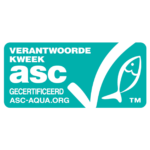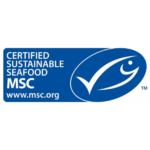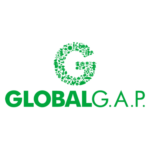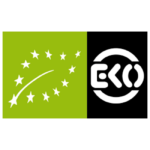Pike
General
Salmonids
There are many species that belong to the Salmonids or (Protacanthopterygii). Did you know trouts, smelts, and even pikes belong to the Salmon family? Salmonids occur in either salt and freshwater. Most species are well-specialized predators and live in temperate climate zones. Salmonids are ray-finned fishes and can be distinguished by the ‘fat-fin’ between the backfin and tail. They do not have spikes and the pelvic and pectoral fin are separated.
Salmonids are sold farmed and wildcaught. Wildcaught salmon comes from the Pacific. Almost all Atlantic salmon on sold is farmed. Since the 90s the farming of salmon increased dramatically. Norway, chile, Scotland, Canada and the Faroe islands are important farming countries for salmon. In both, wild-caught and farmed salmon problems in sustainability are prevalent.
Pike
Pike or northern pike occurs in fresh and brackish water habitats all over the northern hemisphere. This species has an olive green colour with white spots and is characterised by its flattened mouth. The fish can grow up to 150 cm length and weigh over 25 kg. Pike reach sexual maturity after two years of age.
Pike is very popular amongst anglers in the Netherlands however not for consumption. In central- and eastern Europe, pike is more popular for consumption.

Fish with the ASC label is farmed in a sustainable manner.

Fish with the MSC label is caught sustainably.
This fish is not being overfished or is being responsibly farmed, with minimal impact on the environment.
This fish is a second choice. There are still some improvements to be made in this fishery or fish farm.
Do not buy this fish. It's being overfished or the way it's farmed or caught has a negative impact on the environment.

There is fish available of this species that is farmed or caught using high welfare standards.

GlobalG.A.P. certified farms are doing a step in the right direction in terms of sustainability. A few species with this label are getting a better score on the VISwijzer.

Organic standards are the strictest when it comes to fish feed. They also require certain measures for animal well-being.